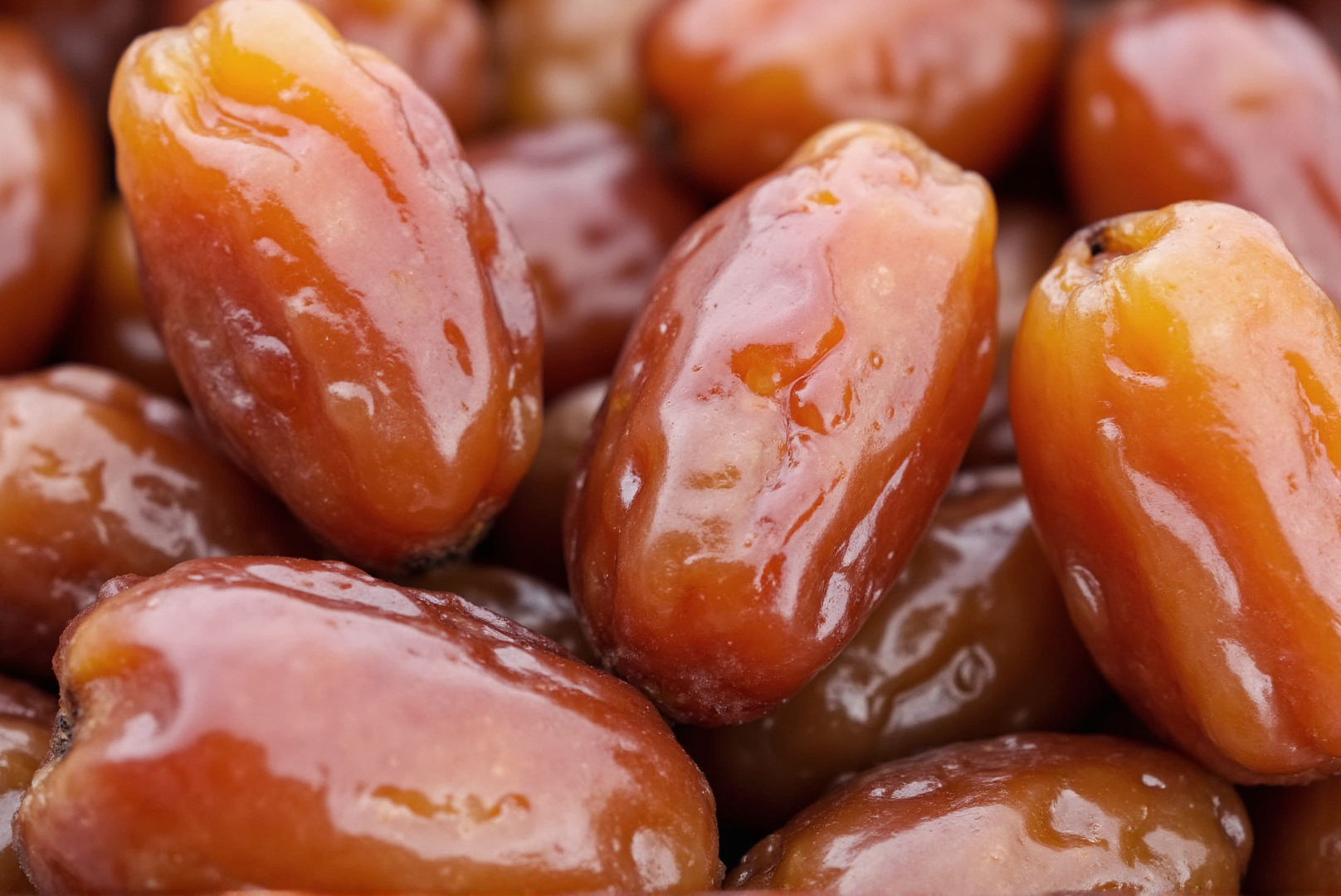Sweet, juicy peaches are a summer favorite for many people. If you're enjoying this delicious fruit and your dog is eyeing it hopefully, you might wonder if it's safe to share. Here's what you need to know about feeding peaches to your canine companion.
Can Dogs Eat Peaches?
Yes, dogs can safely eat peaches in moderation. The flesh of fresh peaches can be a healthy, vitamin-rich treat for dogs when properly prepared. However, there are important safety considerations to keep in mind, particularly regarding the pit and certain peach products.
Nutritional Benefits of Peaches for Dogs
Peaches offer several nutritional advantages for dogs:
- Vitamin A: Supports eye health, immune function, and skin health
- Vitamin C: Acts as an antioxidant and supports the immune system
- Fiber: Aids in digestive health and regular bowel movements
- Potassium: Essential for heart health and muscle function
- Low in calories: Makes for a guilt-free treat option
- High water content: Helps with hydration, especially in summer
- Antioxidants: Help combat free radicals and support overall health
The Dangers of Peach Pits
While peach flesh is safe, the pit presents several serious hazards:
Cyanide Poisoning
Peach pits contain amygdalin, a compound that breaks down into hydrogen cyanide when chewed or digested. While a dog would need to consume several pits to experience cyanide poisoning, even one pit can cause problems in smaller dogs.
Choking Hazard
The hard, round shape of peach pits makes them a significant choking risk, especially for small to medium-sized dogs who might try to swallow them whole.
Intestinal Blockage
If swallowed, peach pits can cause intestinal obstruction, which is a medical emergency requiring surgical intervention. Signs of blockage include vomiting, loss of appetite, abdominal pain, and inability to defecate.
Dental Damage
Dogs who attempt to chew on the hard pits risk breaking or damaging their teeth.
How to Safely Prepare Peaches for Your Dog
- Always remove the pit completely before offering any peach to your dog
- Wash the peach thoroughly to remove any pesticides or chemicals
- Cut the flesh into small, manageable pieces appropriate for your dog's size
- Remove the skin if your dog has a sensitive stomach, though it's not necessary
- Serve fresh at room temperature or slightly chilled
Serving Size Guidelines
Peaches should be given as an occasional treat, not a dietary staple:
- Small dogs (under 20 lbs): 1-2 small slices
- Medium dogs (20-50 lbs): 2-3 slices
- Large dogs (over 50 lbs): 4-5 slices
Remember the 10% rule: treats should make up no more than 10% of your dog's daily caloric intake.
Types of Peaches to Avoid
Canned Peaches
Most canned peaches are packed in heavy syrup containing high amounts of sugar, which can lead to obesity, dental problems, and diabetes. Even "no sugar added" varieties often contain artificial sweeteners that may be harmful to dogs.
Peach-Flavored Products
Avoid giving dogs peach-flavored yogurt, ice cream, or other processed foods, as these often contain artificial flavors, excessive sugar, and potentially toxic ingredients like xylitol.
Dried Peaches
Dried peaches are concentrated in sugar and calories, making them less suitable for dogs. They may also contain sulfites or other preservatives that can cause adverse reactions.
Peach Jam or Preserves
These products are extremely high in sugar and offer no nutritional benefit to dogs.
Health Benefits of Peaches for Dogs
Digestive Health
The fiber in peaches can help regulate your dog's digestive system and promote healthy bowel movements.
Immune Support
Vitamins A and C work together to strengthen your dog's immune system and help fight off infections.
Skin and Coat Health
The vitamins and antioxidants in peaches contribute to healthy skin and a shiny coat.
Weight Management
As a low-calorie treat option, peaches can satisfy your dog's sweet tooth without contributing to weight gain.
Potential Risks and Side Effects
- Upset stomach: Too much fruit can cause diarrhea or stomach upset
- Allergic reactions: Though rare, some dogs may be allergic to peaches
- Sugar sensitivity: Dogs with diabetes should avoid peaches due to natural sugar content
- Pesticide exposure: Always wash peaches thoroughly or choose organic when possible
Signs Your Dog Has Eaten a Peach Pit
If you suspect your dog has swallowed a peach pit, watch for these symptoms:
- Difficulty breathing or coughing
- Vomiting or dry heaving
- Loss of appetite
- Lethargy or weakness
- Abdominal pain or swelling
- Constipation or straining to defecate
- Dilated pupils (sign of cyanide poisoning)
Contact your veterinarian immediately if any of these symptoms occur.
Creative Ways to Serve Peaches to Your Dog
- Frozen peach slices for a cooling summer treat
- Mixed into plain yogurt for a special snack
- Blended and frozen in ice cube trays
- As a food topper to entice picky eaters
- Dehydrated (without additives) for a chewy treat
Alternatives to Peaches
If your dog doesn't tolerate peaches well, consider these similar fruits:
- Nectarines (also remove the pit)
- Apricots (pit-free)
- Mangoes (without the pit)
- Cantaloupe
- Watermelon (seedless)
Conclusion
Fresh peaches can be a delicious and nutritious treat for your dog when served properly. The key is to always remove the dangerous pit, serve in moderation, and stick to fresh fruit rather than processed peach products. By following these guidelines, you can safely share this sweet summer fruit with your furry friend. As with any new food, introduce peaches gradually and watch for any adverse reactions. When in doubt, consult with your veterinarian about the best treats for your individual dog's dietary needs.




